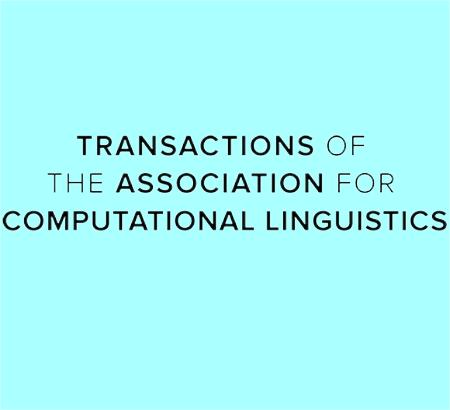MissModal:提高多模态情感分析中缺失模态的鲁棒性
IF 4.2
1区 计算机科学
Q2 COMPUTER SCIENCE, ARTIFICIAL INTELLIGENCE
Transactions of the Association for Computational Linguistics
Pub Date : 2023-12-01
DOI:10.1162/tacl_a_00628
引用次数: 0
摘要
摘要 在下游推理中应用多模态机器学习时,联合多模态表征和协调多模态表征都依赖于训练中模态的完整存在。然而,模态不完整数据,即某些模态缺失的数据,由于输入形式的变化和语义信息的缺失,大大降低了多模态情感分析(MSA)的性能。这限制了主流 MSA 方法在现实世界中的适用性,因为在现实世界中,多模态数据的完整性是不确定和可变的。基于生成的方法试图生成缺失的模态,但它们需要复杂的分层架构,计算成本高昂,而且难以解决不同模态之间的表征差距。我们提出了一种名为 "MissModal "的新型表征学习方法,致力于提高分类方法对缺失模态的鲁棒性。具体来说,我们采用几何对比损失、分布距离损失和情感语义损失等约束条件来调整模态缺失数据和模态完整数据的表征,而不影响完整模态的情感推断。此外,我们不要求在多模态融合阶段做出任何改变,这突出了我们的方法在其他多模态学习系统中的通用性。广泛的实验证明,所提出的方法在各种模态缺失情况下(灵活性),包括在两个公共 MSA 数据集上的严重模态缺失情况下(效率),都能以最小的计算成本实现卓越的性能。本文章由计算机程序翻译,如有差异,请以英文原文为准。
MissModal: Increasing Robustness to Missing Modality in Multimodal Sentiment Analysis
Abstract When applying multimodal machine learning in downstream inference, both joint and coordinated multimodal representations rely on the complete presence of modalities as in training. However, modal-incomplete data, where certain modalities are missing, greatly reduces performance in Multimodal Sentiment Analysis (MSA) due to varying input forms and semantic information deficiencies. This limits the applicability of the predominant MSA methods in the real world, where the completeness of multimodal data is uncertain and variable. The generation-based methods attempt to generate the missing modality, yet they require complex hierarchical architecture with huge computational costs and struggle with the representation gaps across different modalities. Diversely, we propose a novel representation learning approach named MissModal, devoting to increasing robustness to missing modality in a classification approach. Specifically, we adopt constraints with geometric contrastive loss, distribution distance loss, and sentiment semantic loss to align the representations of modal-missing and modal-complete data, without impacting the sentiment inference for the complete modalities. Furthermore, we do not demand any changes in the multimodal fusion stage, highlighting the generality of our method in other multimodal learning systems. Extensive experiments demonstrate that the proposed method achieves superior performance with minimal computational costs in various missing modalities scenarios (flexibility), including severely missing modality (efficiency) on two public MSA datasets.
求助全文
通过发布文献求助,成功后即可免费获取论文全文。
去求助
来源期刊
CiteScore
32.60
自引率
4.60%
发文量
58
审稿时长
8 weeks
期刊介绍:
The highly regarded quarterly journal Computational Linguistics has a companion journal called Transactions of the Association for Computational Linguistics. This open access journal publishes articles in all areas of natural language processing and is an important resource for academic and industry computational linguists, natural language processing experts, artificial intelligence and machine learning investigators, cognitive scientists, speech specialists, as well as linguists and philosophers. The journal disseminates work of vital relevance to these professionals on an annual basis.

 求助内容:
求助内容: 应助结果提醒方式:
应助结果提醒方式:


